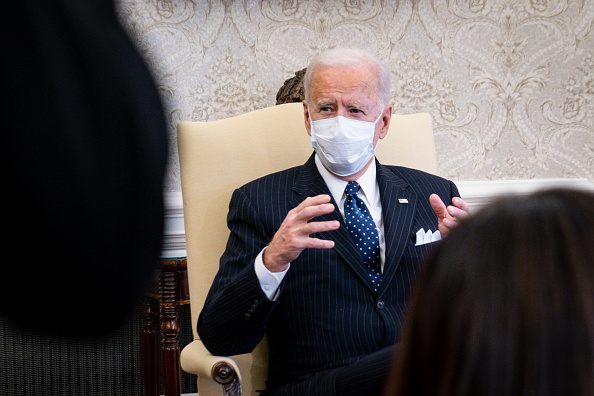On his first day in office, President Joe Biden announced a freeze on last-minute rules made by the Trump Administration that were written to streamline health care delivery.
The regulatory freeze, announced by The White House on January 20, would suspend rules sent to the Federal Register that are not yet published and postpone published rules that have not yet taken effect, for a period of 60 days, with some exceptions. Affected rules include mandated regulatory review, HIPAA Privacy rule changes, interoperability, and prior authorization.
Such freezes have become standard procedure for incoming administrations, says James Broughel, a senior research fellow at the Mercatus Center at Geoge Mason University.
“The freeze is more symbolic than substantive,” Broughel said. “Once a regulation is finalized in the federal register, a new president has some limited ability to delay the effective date of the rule. If a new administration wants to repeal a regulation, it would have to go through the rulemaking process.”
Suspension for Politics?
Another memo issued that first day sheds light on how the Biden Administration will handle regulatory reform. Entitled, “Modernizing Regulatory Review,” the memo states recommendations of reform should “promote public health and safety, economic growth, social welfare, racial justice, environmental stewardship, human dignity, equity, and the interests of future generations.”
That is tough to quantify, writes Eric Boehm, on the Reason blog on February 2.
“In other words, if a bureaucrat can conceive of a way that new regulations could advance the goals of racial justice or environmental health, those political aims should be counted as benefits – even if they can’t, well, actually be counted,” Boehm wrote. “That’s a recipe for more regulation, and for a less honest assessment of which rules might be worthwhile and which merely make the appropriate gestures to a political agenda.”
AnneMarie Schieber (amschieber@heartland.org) is the managing editor of Health Care News.
